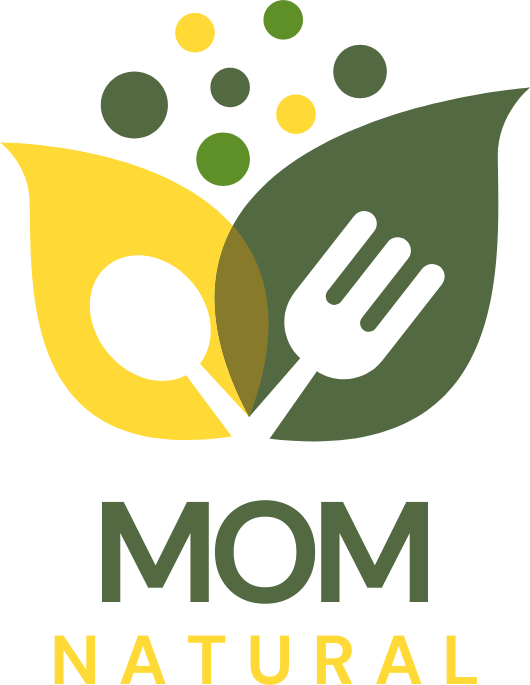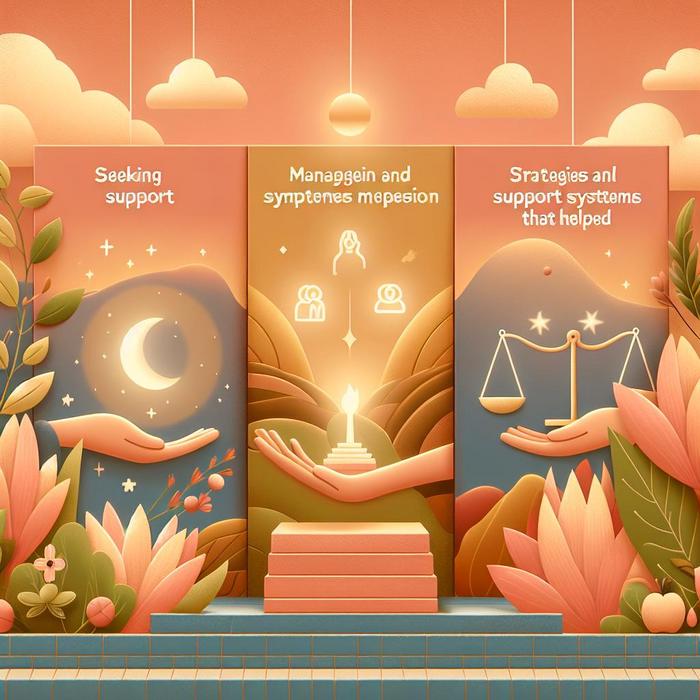Understanding Postpartum Depression
Many new mothers experience a rollercoaster of emotions following the birth of their child. Although this is perfectly normal, for some moms, these feelings may develop into postpartum depression (PPD)—a serious mental health condition that requires attention and care. It’s vital to understand that this is not a character flaw or a weakness. With the right strategies and a strong support system, managing symptoms for improved emotional wellbeing is achievable.
Recognizing The Symptoms
One of the most important aspects of managing postpartum depression is understanding and recognizing its symptoms. Some common signs include:
- Persistent feelings of sadness or emptiness
- Excessive crying or mood swings
- Overwhelming fatigue or loss of energy
- Difficulty bonding with your baby
- Reduced interest in activities you once enjoyed
These signs can sometimes be difficult to pinpoint, especially in the early months when new mothers are also dealing with sleep deprivation. However, understanding these symptoms can pave the way toward seeking the right help.
Seeking Support
One of the most effective postpartum depression tips is to seek support. You do not have to face PPD alone. Reach out to professionals who can provide guidance and treatment. Cleveland Clinic lists therapy, medication, or a combination of both as potential treatment options. Conversations with your healthcare provider can help you decide the most suitable treatment for you.
Besides professional help, do not hesitate to lean on your friends and family. Sometimes, just having someone to talk to can provide immense relief. If you’re co-sleeping with your baby, involving your partner can help in ensuring safe co-sleeping practices and provide you with restful sleep.
Managing Symptoms
While professional help and a strong support system are important, there are additional strategies that can help you manage PPD symptoms. The Texas Health and Human Services Postpartum Depression Strategic Plan mentions the importance of self-care strategies which can include:
- Regular physical activity
- Nutritious diet
- Quality sleep
- Relaxation techniques such as yoga or meditation
- Time for yourself
It’s also essential to maintain realistic expectations of motherhood. Your house does not have to be spotless, and it’s ok if your baby is being a picky eater. The important thing is the love and care you provide.
Remember, you’re not alone, and it’s okay to seek help. As we explore more postpartum depression tips and strategies, understanding the important role of seeking support and managing symptoms is key in promoting emotional wellbeing and optimizing the journey to restoration and healing.
Factors That Influence The Onset of Postpartum Depression
While the exact cause remains unknown, several factors may increase the likelihood of developing postpartum depression. Hormonal changes, a history of depression, physical exhaustion, and the stress of caring for a newborn are key factors tied to PPD. Lack of support from friends and family or relationship problems may also heighten the risk.
However, it is crucial to note that these factors do not solely dictate whether a mother will go through PPD. Everyone’s experience is unique, and there is no sure way to predict who will be affected by postpartum depression.
Busting Myths About Postpartum Depression
Several misconceptions surround postpartum depression, which contribute to stigma and may deter new mothers from seeking help. Here are some common myths and facts about PPD:
- Myth: Postpartum depression is uncommon.
Fact: According to the Mayo Clinic, PPD affects up to 15% of births and can occur after the birth of any child, not just the first. - Myth: It’s normal for all new mothers to feel upset and anxious.
Fact: While it’s normal for new mothers to experience a range of emotions, consistent feelings of despair, anxiety, or guilt may indicate PPD. - Myth: PPD starts immediately after birth.
Fact: While some mothers can experience symptoms within the first two weeks after delivery, symptoms can occur up to a year after birth.
Fan the myths away, it’s time to focus on effective management and compassionate care for PPD
Therapies for managing Postpartum Depression
Therapy plays an important role in treating postpartum depression. Interpersonal therapy (IPT) and cognitive-behavioral therapy (CBT) are often recommended due to their proven effectiveness in managing depressive symptoms.
IPT focuses on improving the quality of one’s interpersonal relationships and social functioning to help reduce symptoms. Whereas cognitive-behavioral therapy helps individuals understand and change thought patterns that lead to feelings and behaviors that are troublesome.
Medications
In addition to therapy, medications can also be an effective treatment method. Selective serotonin reuptake inhibitors (SSRIs) are often the first line of medication management. They work by increasing the level of serotonin in the brain, which can improve mood and reduce anxiety.
It’s crucial to discuss medication options with your health care provider to consider the benefits, potential side effects, and the impact it may have on breastfeeding.
Postpartum Support in the Community
Participating in support groups where other new mothers share their experiences can normalize your feelings, provide insight, and reduce feelings of isolation. Look for maternal health programs in your area, attend workshops, or connect online. Psych Central is an example of a mental health resource that offers posts and forums pertaining to PPD.
Remember, with the right support, treatment and self-care, you will get better. As you go through this journey, learning more about postpartum depression and connecting with others facing similar challenges can be incredibly healing and empowering.

